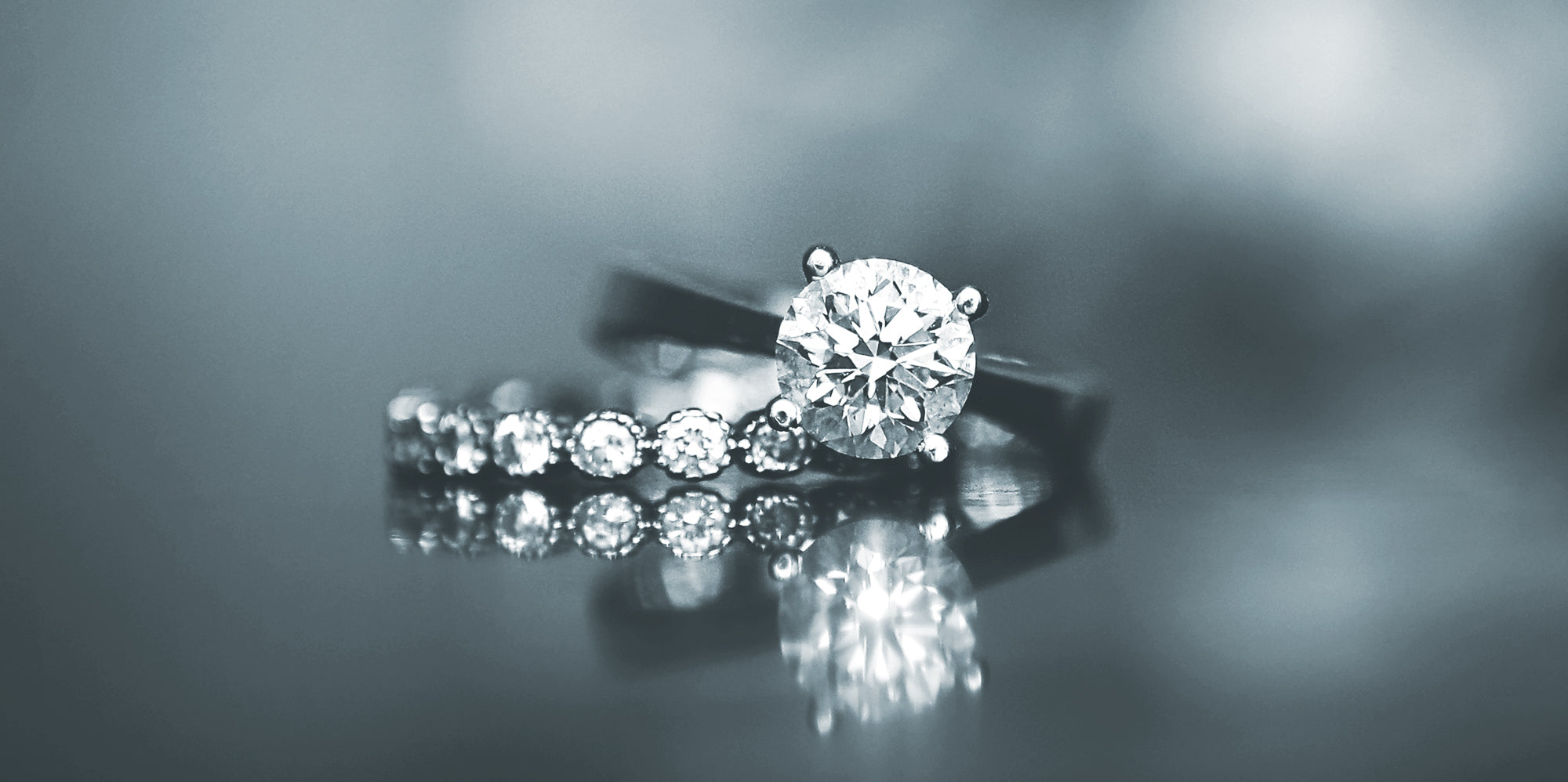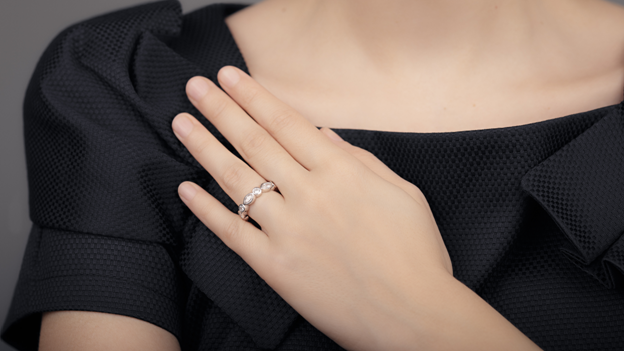
Introduction
When it comes to diamonds, shape plays a crucial role in determining not only the appearance but also the overall brilliance and value of the gem. Let’s delve into the pros and cons of some popular diamond shapes to guide you in your quest for the perfect sparkler.
Round Diamonds
Pros
Round diamonds are renowned for their unparalleled brilliance and sparkle, making them the most popular choice for engagement rings. Their symmetrical shape maximizes light reflection, giving them a dazzling appearance that stands out in any setting. Moreover diamonds shapes pros and cons, their versatility allows for various styles of settings, from classic solitaires to elaborate halos.
Cons
However, round diamonds tend to be pricier per carat compared to other shapes due to the high demand and the amount of rough diamond lost during cutting. Additionally, their popularity means they may lack the uniqueness and individuality that some buyers seek.
Princess Cut Diamonds
Pros
Princess cut diamonds offer a contemporary alternative to the traditional round shape. With their square or rectangular outline and sharp corners, princess cuts exude modern elegance and brilliance. They generally cost less per carat than round diamonds of similar quality, making them an attractive choice for budget-conscious buyers.
Cons
Despite their appeal, princess cut diamonds are more vulnerable to chipping at the corners due to their sharp edges. Moreover, their facet pattern can highlight color and clarity imperfections more prominently than round diamonds.
Emerald Cut Diamonds
Pros
Emerald cut diamonds are prized for their sophisticated, step-cut facets that create a hall-of-mirrors effect. This shape emphasizes clarity and transparency, making it ideal for those who appreciate understated elegance. The elongated shape of emerald cuts also enhances the appearance of the diamond’s size.
Cons
However, emerald cut diamonds may exhibit less brilliance compared to their round or princess cut counterparts. The larger facets can also reveal inclusions more prominently, requiring higher clarity grades to maintain the stone’s beauty.
Oval Diamonds
Pros
Oval diamonds combine the brilliance of round diamonds with a unique elongated shape that flatters the finger. They often appear larger than other shapes of the same carat weight, thanks to their elongated silhouette. Oval diamonds are a popular choice for those who want something different yet timeless.
Cons
One drawback of oval diamonds is the potential for a bow-tie effect—a dark shadow across the center of the stone caused by uneven light reflection. Additionally, oval diamonds may be less readily available in certain markets compared to round or princess cuts.
Cushion Cut Diamonds
Pros
Cushion cut diamonds, also known as pillow-cut diamonds, offer a blend of vintage charm and modern brilliance. Their softened corners reduce the risk of chipping, making them a durable choice for everyday wear. Cushion cuts are favored for their ability to sparkle while maintaining a classic appeal.
Cons
Yet, cushion cut diamonds may display less fire and brilliance than round diamonds due to their larger facets and facet patterns. Variability in cutting styles can also impact light performance, requiring careful selection for optimal sparkle.
Asscher Cut Diamonds
Pros
Asscher cut diamonds feature a distinctive step-cut facet pattern that creates a mesmerizing play of light. With its art deco origins, the Asscher cut offers geometric symmetry and a vintage aesthetic that appeals to those seeking a unique diamond shape.
Cons
However, the Asscher cut may exhibit less brilliance compared to brilliant-cut diamonds like rounds or princess cuts. The step-cut facets can also highlight imperfections more visibly, necessitating higher clarity grades for a flawless appearance.
Radiant Cut Diamonds
Pros
Radiant cut diamonds combine the brilliance of round diamonds with trimmed corners, creating a versatile shape that suits various jewelry designs. They offer a balance of sparkle and elegance, making them a popular choice for engagement rings and other fine jewelry.
Cons
On the downside, radiant cut diamonds may show more imperfections due to their large table facets and facet arrangement. They also tend to command a higher price per carat compared to some other diamond shapes.
Pear Shaped Diamonds
Pros
Pear shaped diamonds, often referred to as teardrop diamonds, blend the curves of a round diamond with the pointed elegance of a marquise cut. They create a flattering appearance on the finger and offer a unique alternative to traditional diamond shapes.
Cons
However, pear shaped diamonds are prone to the bow-tie effect—a dark area in the center caused by light leakage and uneven reflection. Achieving symmetry in pear shaped diamonds can also be challenging, impacting their overall beauty and value.
Heart Shaped Diamonds
Pros
Heart shaped diamonds are the ultimate symbol of love and romance, making them a popular choice for engagement rings and special occasions. Their unique shape and faceting pattern create a distinctive look that stands out from traditional diamond cuts.
Cons
However, heart shaped diamonds require excellent cutting to avoid the bow-tie effect—a dark shadow across the center caused by light leakage. Due to their complexity and the skill required to cut them perfectly, heart shaped diamonds can be more expensive than other shapes.
Conclusion
In conclusion, choosing the right diamond shape involves balancing personal preference with practical considerations such as budget, style, and wearability. Each diamond shape offers its own set of advantages and disadvantages, from the classic brilliance of round diamonds to the modern elegance of princess cuts and the vintage charm of cushion cuts. By understanding the pros and cons of each shape, you can confidently select a diamond that not only dazzles but also reflects your unique style and sentiment. Whether you prioritize sparkle, uniqueness, or symbolism, the perfect diamond shape awaits to celebrate life’s most cherished moments.






